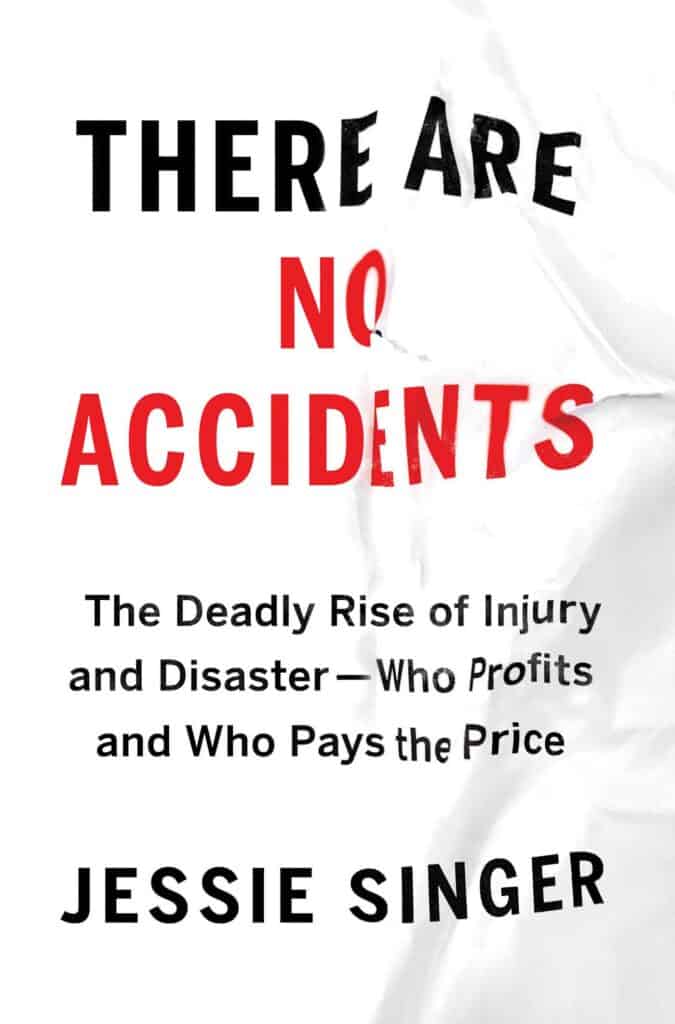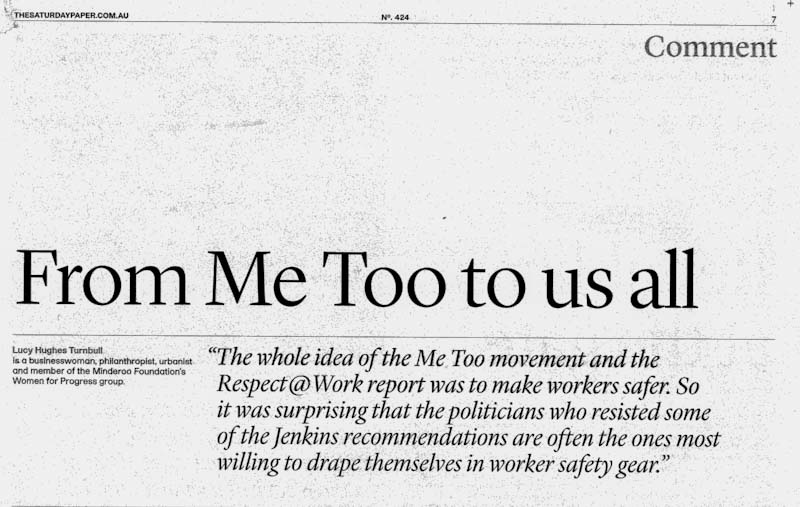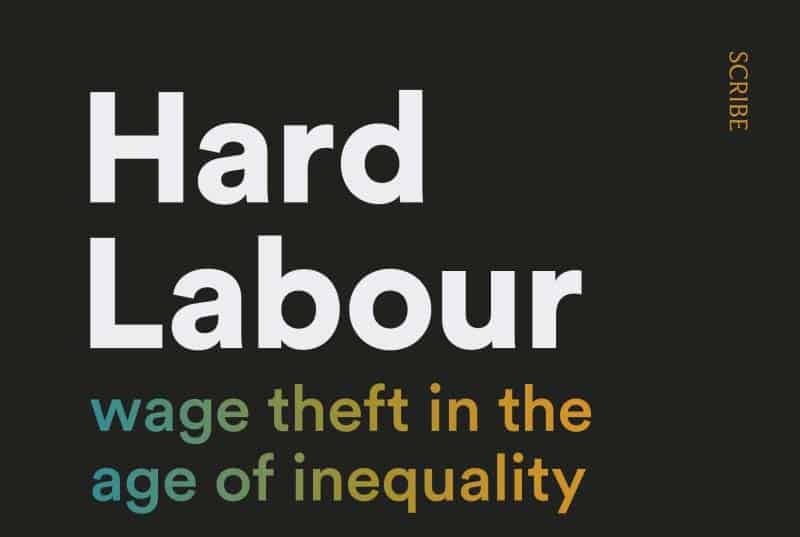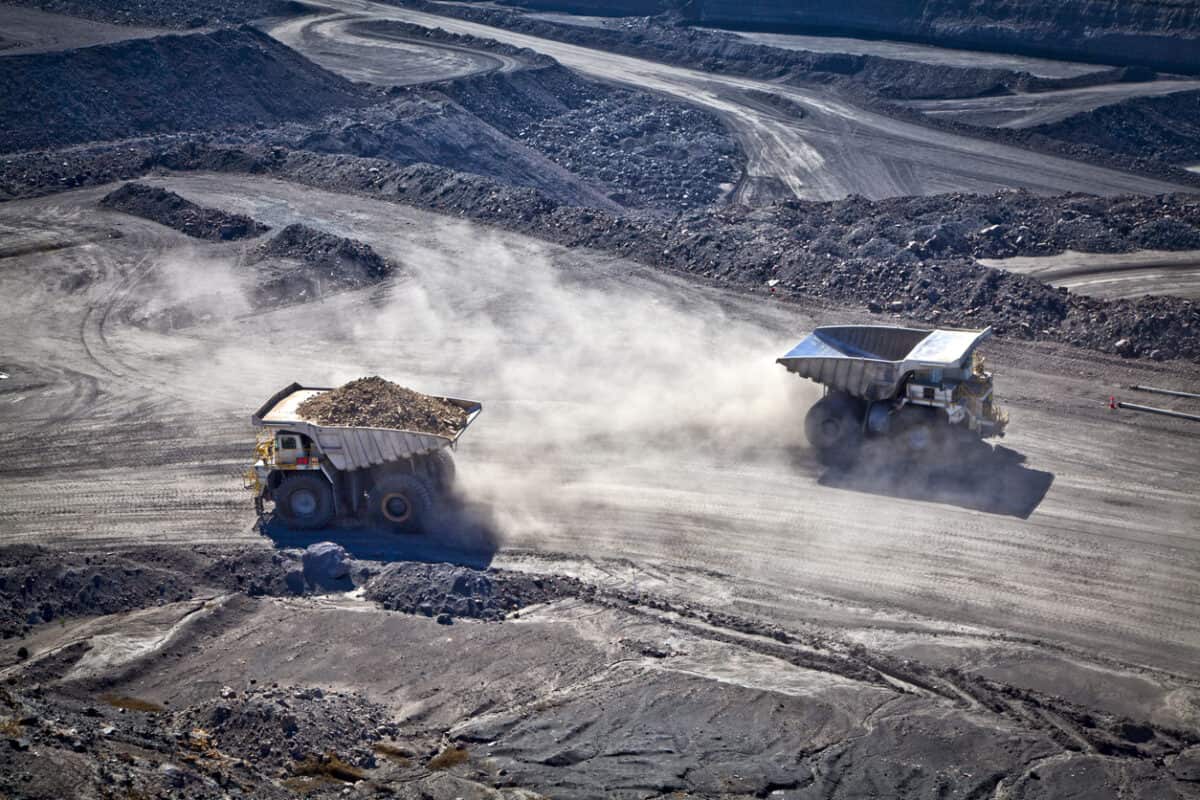This end-of-year list is more complex than one of unread books because of the qualitative elements. In writing this article, off-the-cuff, I thought of the three or four books that I could readily remember reading in 2022; those that stuck in my mind for several reasons.

The book that most readily comes to mind from 2022 is the Jessie Singer book “There are no Accidents“. Singer makes the same point as many occupational health and safety (OHS) people have – accidents are not an “act of God”. There is always a cause IF we choose to look. There is always a social, corporate, economic of ethical environment that either encourages or fails to discourage decisions that can lead to harm.
Continue reading “Notable books on safety and work”





